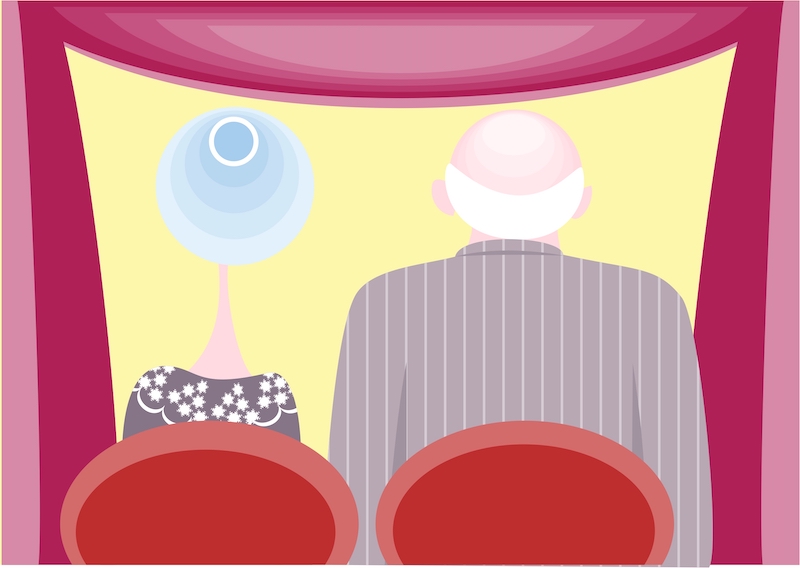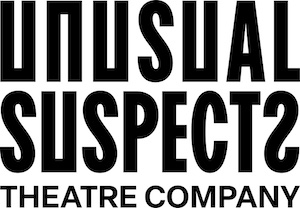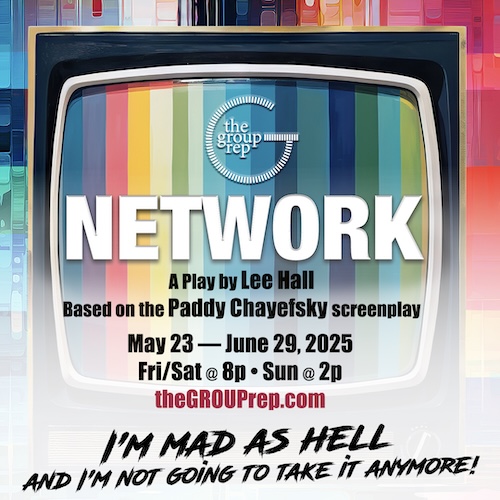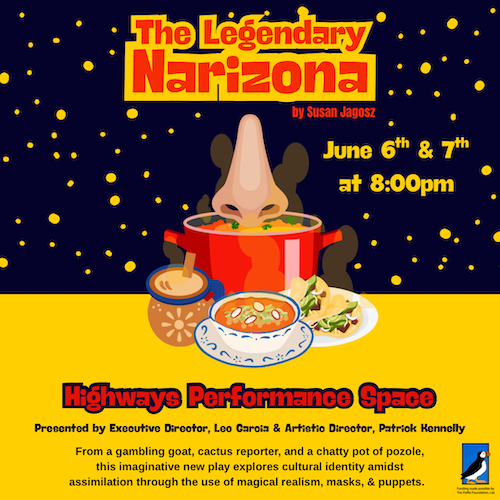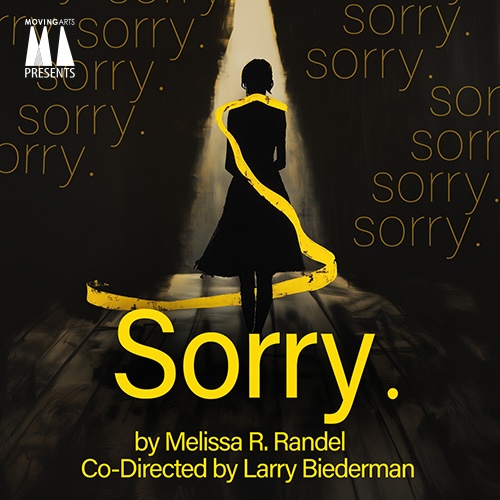A Young Generation Bored by the Bard?
A Teenager Calls for Arts Immersion at a Young Age
By Nola Bowie
This article is part of the Stage Raw/Unusual Suspects Youth Journalism Fellowship
It’s hard not to feel concerned about the future of live theater when I’m the youngest person by at least twenty five years in the audience of a play. While it’s easy to spot a group of teenagers at a Broadway musical, it can be trickier to see the same at other productions. Sure, on occasion, I can enjoy playing the role of the token old-soul teenager at a local matinee, but every so often, I feel the looming melancholy of everyone noticing how few young adults are in attendance. I’ve noticed that this issue is blamed on many things: the pandemic, limited budgets, lack of teen-friendly advertising, etc., but how much of that means anything in the long run if it seems like nothing is changing?
My name is Nola Bowie, I’m 16 years old, and when I was in seventh grade, my English teacher took our class to see an outdoor production of William Shakespeare’s Twelfth Night an hour outside of Los Angeles. We had just finished reading A Midsummer Night’s Dream in class, but it was hard to find a local production of that in late winter. Unfortunately, I forget most of the production, but here’s what I do remember: the set, the traditional renaissance costumes, and the other schools that came to watch it. I think about the students from the other schools who were there a lot when it comes to the topic of young people being uninterested in live theater. Some of the kids who were there were sleeping, some were goofing off, and some just stared at the stage, their eyes wide, their brows furrowed, trying hard to decipher the centuries-old-dialogue.
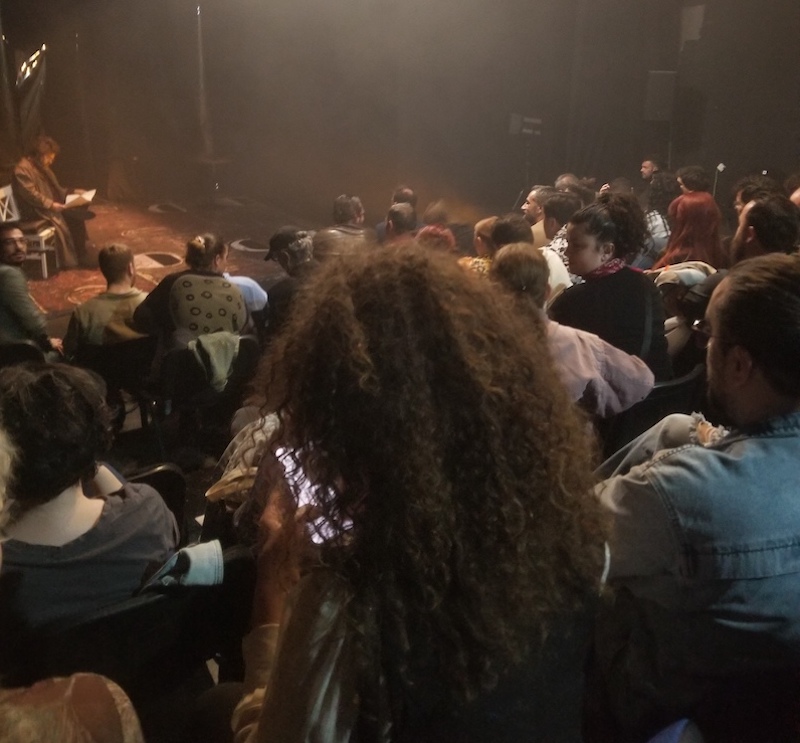
Audience in at a major theater in Prishtina, Kosovo at the premiere of a new play in May, 2024. Not much gray hair to be seen. The aging audiences syndrome would seem to be an issue for American institutional theaters.
Do I blame these kids for being bored at a play that is literally over 400 years old? No, and I think it would be unethical if I did. You can fake enthusiasm all you want, but you can’t fake boredom, so the tired reactions of the audience were authentic, especially when the cast asked for questions after the show to try and educate us on Shakespeare and were met with very few raised hands.
But I have to wonder what it was in the first place that made them so bored. Twelfth Night is one of Shakespeare’s most renowned comedies, a play that I have grown to love, so how could it be perceived as flat and uninspiring? Moreover, what about Shakespeare’s work in general could be the contributing factor in leaving young audiences underwhelmed?
I think one reason, and maybe the most straightforward cause, is simply how Shakespeare’s works are written. To reference back to Twelfth Night, why is it that when she is falling in love with the disguised Viola, Olivia states “Methinks I feel this youth’s perfections with an invisible and subtle stealth to creep in at mine eyes,” when she could just say “I think I have a crush on this guy”? Shakespeare’s tragedies are no different; Why is it that when Macbeth could just say “I feel like I’m going crazy, my wife,” he instead chooses to yell “O, full of scorpions is my mind, dear wife!” While Shakespearean dialogue is still English, it might as well be a foreign language, so when younger generations read Shakespeare in school and are asked to write an essay or to translate a passage, it doesn’t feel up-to-interpretation; it feels like homework.
So, why is it that I, just one more teenage girl who has had her fair share of Shakespeare-related English class assignments, don’t get tired of his works? Why do I still see the beauty in his plays even though I spent a lot of late middle school and early high school on my bed, scouring the internet for hours at a time, trying to find the meaning behind an overly-poetic line in A Midsummer Night’s Dream or Julius Caesar for homework?
When I was nine years old, I participated in a showcase for a children’s Shakespeare theater here in Los Angeles. I played Bianca in a scene from The Taming of The Shrew. I was very little, but what I I did know was that the play was about two feuding sisters, and that I got to be the younger, bratty one. In the scene, I got to scream, run around the stage in a sparkly green dress, and yell at the other nine-year-old playing my sister, Katherina. It is no secret that I grew up as a very theatrical kid, but when I was at home, I often took the role of “responsible older sister.” Thus, when I got to play Bianca, a character so drastically different from the kind of kid I was, I had the time of my life.
I returned the next summer expecting to be in another comedy, but I was met with a different circumstance: the play they were putting on was one of Shakespeare’s deep-cuts, a piece called Timon of Athens. It tells the story of a wealthy philanthropist, Timon, who throws a huge party, gets drunk, and gives away all of his money and belongings to his social-climbing friends in order to remain powerful. Obviously, this has the opposite effect, leaving Timon completely broke. He grows depressed and escapes to a cave, dying there.
It’s pretty heavy stuff for a bunch of ten-year-olds to deal with. I was cast as Flavius, Timon’s steward and the angel on his shoulder, who spends the play warning Timon of his behavior and eventually trying and failing to convince him it will all be alright. This role was ironically a lot more like the kind of kid I was. I was always trying to help people and do the right thing, so I should have enjoyed playing such a relatable role. However, I didn’t. The play was strange and upsetting, and I had tons of monologues that I could barely understand, which made me feel helpless and dumb. After a lot of memorizing, the play was over and I was relieved.
“Most people learn languages by being around them early on in life. It’s useless to doubt [Shakespeare’s] impact or talent, but it’s hard to praise him when his works seem indecipherable.”
I had forgotten about it until four years later, when I was auditioning for the theater department at the Los Angeles County High School for the Arts (LACHSA) and had to prepare a Shakespeare monologue. Everything I had learned from being in that weird production of Timon of Athens, ranging from memorization tactics to basic character work, came flooding back to me. I understood Shakespearean text with greater ease than what I had initially thought, and after actually being accepted into LACHSA, that skill has only improved. In 10th grade, I was in a genderbent production of Julius Caesar, in which I played Caesar, and had no problem when our director asked if we could take the time to translate our lines. I began to grow far more interested in his plays than ever before, not because I was growing older, but because I was starting to understand them.
“It’s not because [Shakespeare’s] dated or boring, it’s because we don’t live in a world where children are encouraged to participate in or learn about his works early on.”
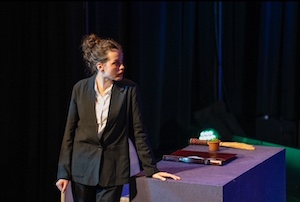
Teen journalist Nola Bowie, in her spring semester high school production at the Los Angeles County High School for the Arts (Photo by Devon Armstrong)
My experience with Shakespeare raises a question: Do I “get” Shakespeare because I enjoy his work, or is it because I was exposed to him at a young age? Like I said before, Shakespearean text can feel like a foreign language, and most people learn languages by being around them early on in life. It’s useless to doubt the man’s impact or talent, but it’s hard to praise him when his works seem indecipherable. In my opinion, if someone tries to mistreat Shakespeare’s work, I can conclude that it’s not because he’s dated or boring, it’s because we don’t live in a world where children are encouraged to participate in or learn about his works early on. But I was one of the lucky few who got that opportunity, and I have the pleasure of cherishing that for the rest of my life.


